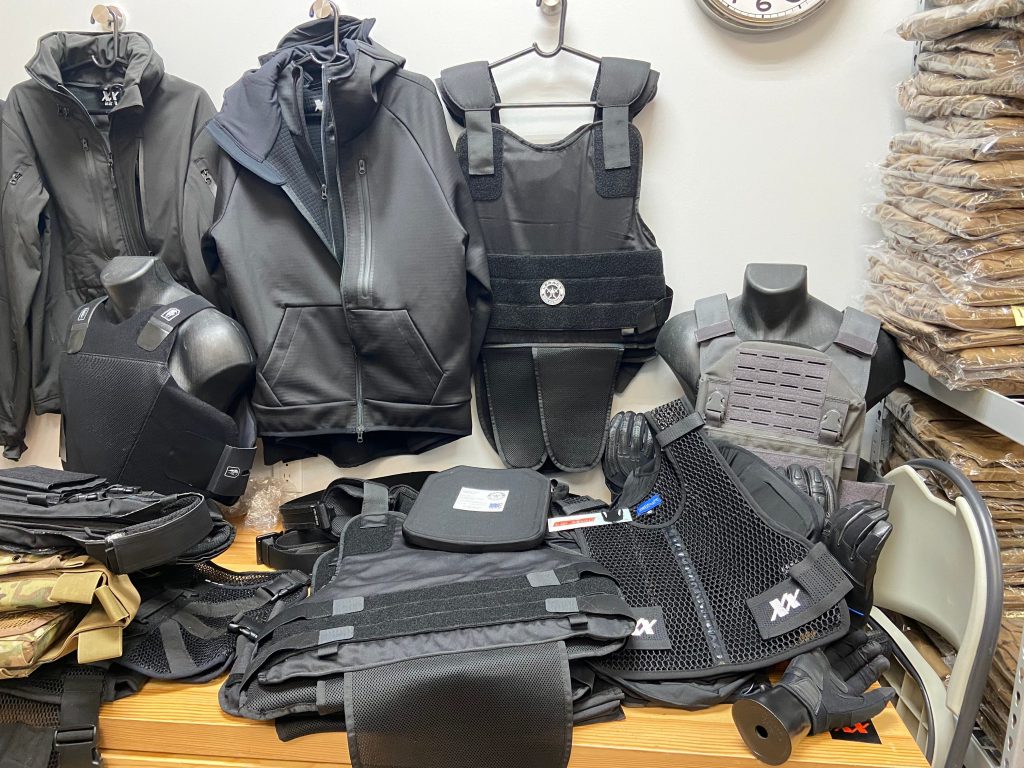- Tactical gear, such as a helmet and body armor, was used by the shooters in Uvalde and Buffalo.
- Research shows body armor is increasingly being used in mass shootings.
- Few regulations exist on body armor in the US, although New York could instate a body armor ban.
The Violence Project, a non-profit that tracks mass shooting trends, has found an uptick in the use of body armor during mass shootings.
Twenty-one mass shooters over the past 40 years have worn body armor, most of them in the past decade, according to the group.
On May 14, a gunman in Buffalo, New York, used an assault rifle to shoot 13 people, killing 10, in a racially motivated mass shooting, officials said. The gunman wore heavy body armor that absorbed the impact of the bullets shot at him by security guard Aaron Salter Jr., who died during the attack.
Ten days later, on May 24, a gunman in Uvalde, Texas, used an assault rifle to shoot and kill 21 people, including 19 children. The Uvalde shooter also wore a tactical vest, but the gear could not withstand bullets, according to law enforcement at the scene.
Other gunmen who have used body armor include the San Bernardino shooter in 2015 and the Aurora movie theater shooter in Colorado in 2012.
Body armor ranges from bulletproof and stab-proof vests to ceramic plates that are able to withstand gunfire from rifles. The majority of body armor is purchased by law enforcement, military, and security organizations.
Body armor and other tactical gear is extremely accessible in most parts of the country, with many vendors able to sell them online to citizens looking to protect themselves during home invasions, to wear at public events, or to use while hunting.
In the US, anyone older than 18 who has not been convicted of a violent felony can purchase military-grade body armor. Background checks, ID, or permits are not required. Connecticut is the only state that bans most citizens from purchasing body armor online.
A New York state bill sponsored by Democratic Assemblymember Jonathon Jacobson would have prohibited "the purchase or possession of a body vest" in the state if it had passed. The bill was introduced in January 2021, but was stricken in March of 2021 and will not move forward unless another legislator sponsors it.
After the shooting in Buffalo, New York State Sen. Sean Ryan proposed to ban online sales of body vests in New York.
Some politicians have unsuccessfully tried to legislate bans on body armor, especially in the wake of high-profile shootings. In 2014, California Democratic US Rep. Michael Honda proposed a ban on body armor after a shooter wearing body armor killed two people with an assault rifle in 2014.
In 2019, Sen. Chuck Schumer proposed a bill that would have required people to obtain the FBI's permission to buy body armor. A similar bill sponsored by Democratic House Rep. Grace Meng also did not pass.
Representatives for Schumer and Meng did not immediately respond to Insider's requests for comment.
